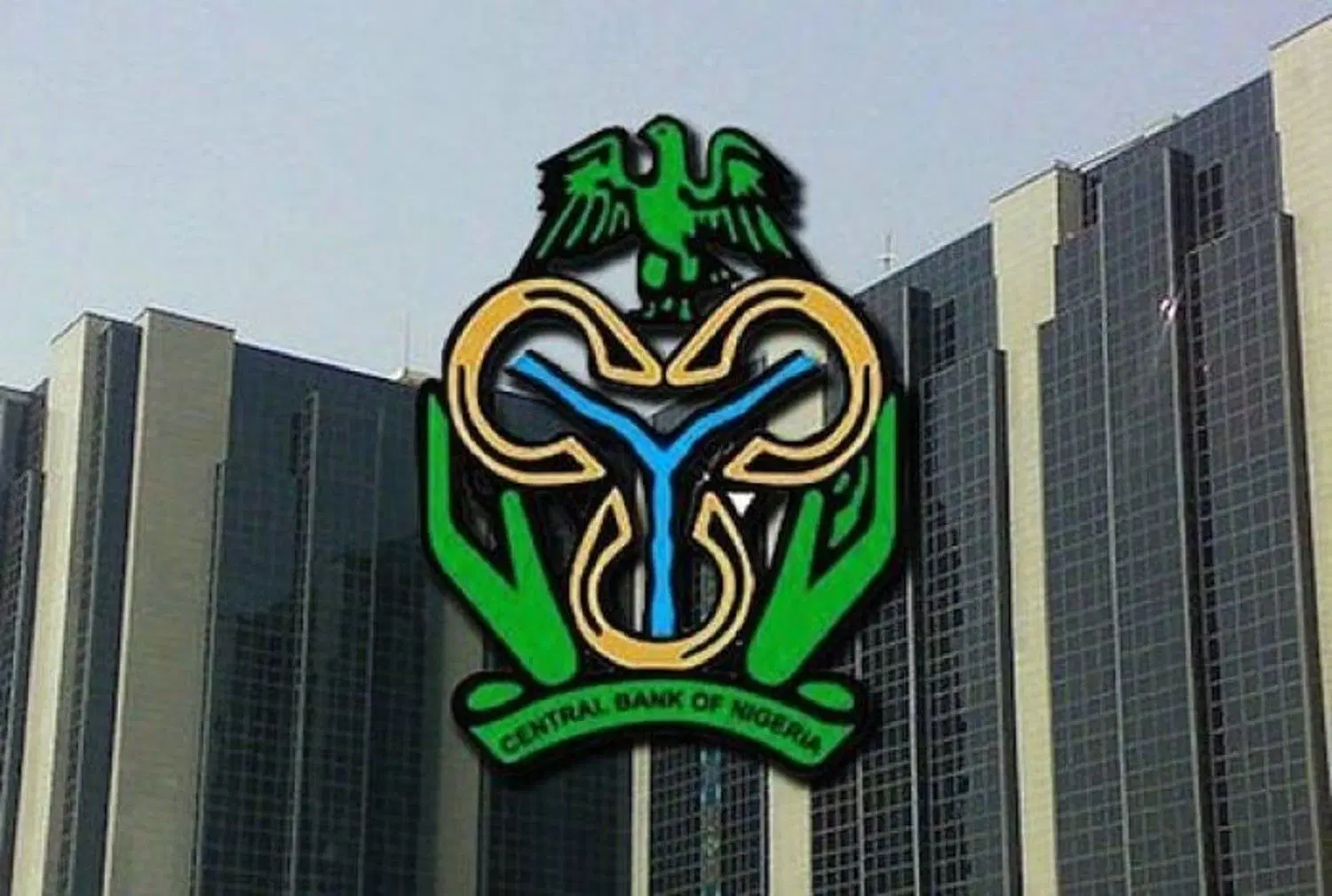In apparent reflection of liquidity constraints in the interbank money market, banks’ borrowing from the Central Bank of Nigeria, CBN, rose by 171 percent month-on-month (MoM) to N24.81 trillion in February 2025 from N9.15 trillion in January 2025.
The CBN has two short term lending windows for banks, namely the Standing Lending Facility (SLF) and Repurchase (Repo) lending.
While the CBN lends money to banks through the SLF at interest rate of 500 basis points (bpts) above the Monetary Policy Rate (MPR), it also lends money to banks through Repo arrangement, which involves the purchase of banks’ securities with the agreement to sell back at a specific date and usually for a higher price.
On the other hand, the CBN accepts deposits from banks through its Standing Deposit Facility (SDF) and pays an interest rate of MPR minus 100 bpts.
On the other hand, banks’ deposits with the apex bank through the SDF fell MoM by 50 percent to N4.65 trillion in February 2025 from N9.31 trillion in January 2025.
The spike in banks’ borrowing from the CBN was triggered by the tight monetary policy of the apex bank, aimed at curtailing the steady rise in inflation.
But in its recent Monetary Policy Committee, MPC, meeting, the CBN retained the Monetary Policy Rate, MPR, alongside other monetary corridors after raising it six consecutive times.
Furthermore, the apex bank conducted a liquidity mop up through regular sale of Open Market Operations, OMO treasury bills (TBs) during the period.
Advertisement. Scroll to continue reading.
The scarcity of funds also triggered sharp increases in cost of funds in the interbank money market, with the average interest rate on Collateralized (Open Buy Back, OBB) lending at 32.5 per cent at the end of February 2025, up from 27.5 percent at the end of January 2025. indings from the apex bank showed that the CBN sold N1.39 trillion worth of Open Market Operation (OMO) Treasury Bills (TBs) in February 2025, up 39.5 percent from N1 trillion in January 2025.

